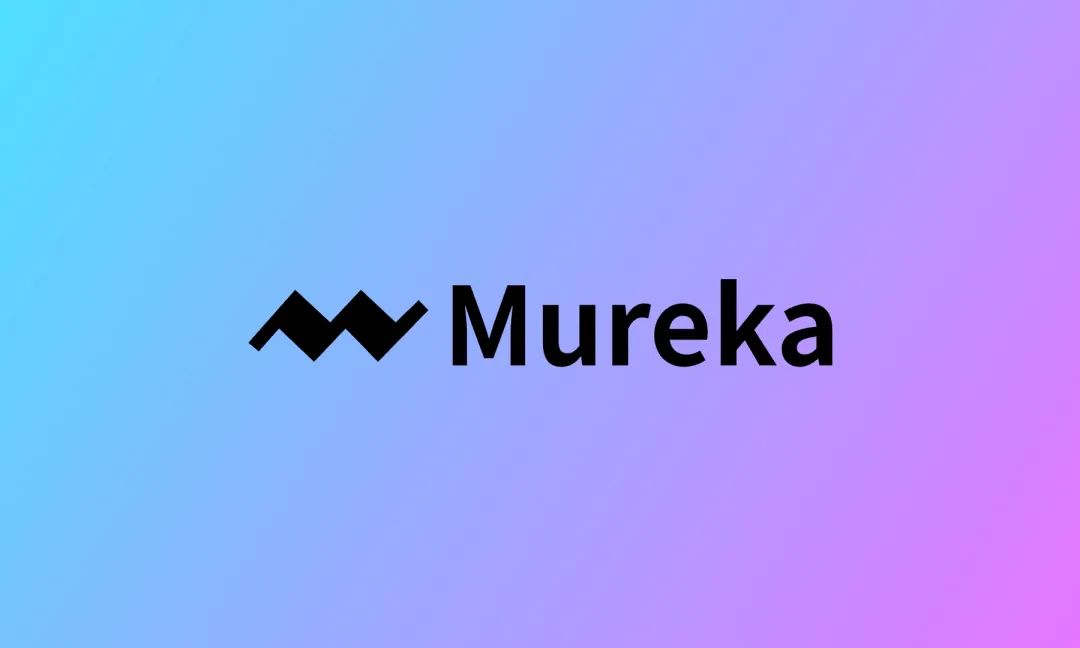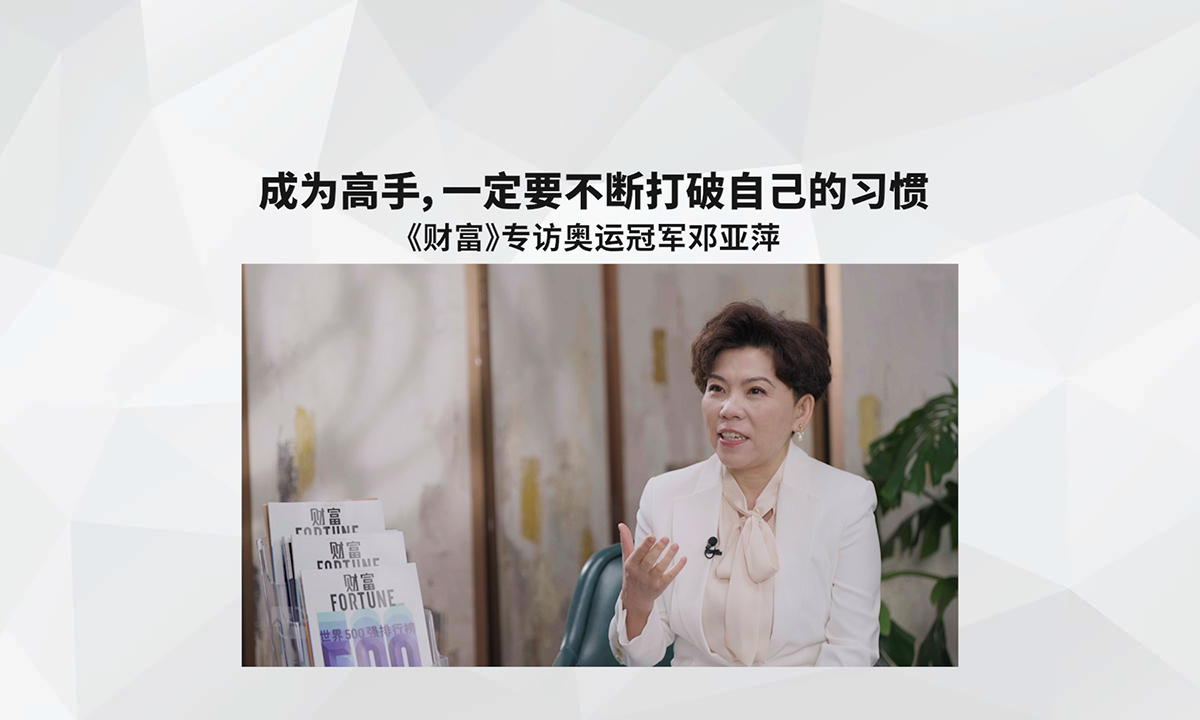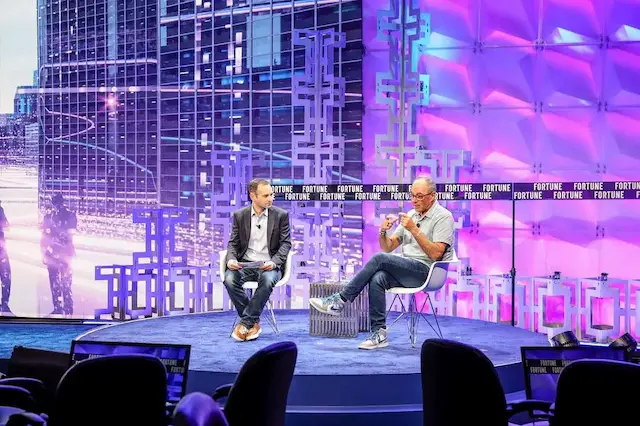盖茨、贝索斯都在投资这家公司
|
最近,位于美国圣迭戈的Illumina公司宣称将成立一家名为Grail的新公司,其A轮融资已经超过1亿美元。Illumina将持有多数股权,而重要投资者还包括微软创始人比尔•盖茨和亚马逊创始人杰夫•贝佐斯,以及ARCH Venture Partners和Sutter Hill Ventures等风投公司。
这究竟是一家什么企业?怎么会引发两位科技大佬的垂青呢?
基因序列测定公司Illumina正在追逐癌症检测领域的下一个巨大突破。这家公司正致力于研发一种通用的血液检测措施,用于检测那些没有症状的早期癌症患者。
Grail公司将使用Illumina的DNA序列测定技术来扫描源自肿瘤,在血液中循环的癌症基因,以期检测出许多种新形成的癌症,从而帮助早期癌症患者尽快获得治疗,提高存活率。
Cowen & Co公司预计,到2020年,每年用于癌症筛选DNA血液检测的花费将超过100亿美元。有几家公司正在研发这种液体活组织检查,主要用于已被诊断出癌症的患者。
专家表示,让DNA血液检测成为常规癌症检查的一部分,还需要进行大量的临床试验,才能获得足够的证据。在没有进行类似试验的情况下,直销检验公司Pathway Genomics去年提供了一项针对健康人的DNA血液检测项目。作为一家更大的公司,Illumina打算提供相关的检测证据。
Illumina公司首席执行官杰伊•弗拉特利将担任Grail的董事长。他表示,新的血液检测工作其实在大约18个月以前就已展开。
在一次采访中,弗拉特利表示:“我们已经取得了巨大的进步,这让我们有信心达到期望的目标。”
他认为,该公司还需要至少一年的研究和开发来改善血液检测。随后,Grail将会在多达30万个人类基因组上进行临床测试,这个过程可能需要花费两年时间。
弗拉特利表示,Illumina计划在2019年正式将这种检测方式投入市场,并希望DNA序列测定的成本届时能降到足够低的程度,以保证一次癌症检查的价格维持在500美元左右,这样才能让它得到大范围的应用。
投资银行PiperJaffray公司的分析师预计,多达38家公司正在利用DNA序列测定技术来开发癌症血液检测手段,不过这些所谓的“液体活组织检查”基本上只是在已经确诊癌症的病人身上进行测试,看看他们对治疗的反应,或是检测基因突变或耐药性。
批评者表示,目前还没有足够的证据表明血液检测能够在健康人身上发现癌症前兆。Pathway Genomics公司的筛选试验去年在10个健康人身上检测出了癌症,这激怒了美国食品与药物管理局(FDA)。FDA给该公司写信表示,这一检查“还没有得到充足的临床验证,可能对公众健康有害。”
弗拉特利表示,Grail将尽早征询FDA的意见,以了解该机构需要什么证据,而且很可能将寻求FDA的认证。他表示,公司还没决定是否直接将这项测试提供给消费者,但不排除这种可能性。
这笔投资将对Illumina的收益产生重大影响,不过弗拉特利目前没有透露这方面的信息。他说:“我们将在财报中充分披露与Grail 公司相关的经济数据。”(财富中文网)
译者:严匡正 审校:任文科 |
On Sunday, San Diego-based Illumina said it would form a new company, called Grail, with more than $100 million in Series A financing. Illumina will be the majority owner. Key investors include technology giants Bill Gates, founder of Microsoft, and Jeff Bezos, founder of Amazon, as well as backing from ARCH Venture Partners and Sutter Hill Ventures.
So what doesthe company do?
Gene sequencing company Illumina is going after the next big advance in cancer detection, working to develop a universal blood test to identify early-stage cancers in people with no symptoms of the disease.
Grail’s test will use Illumina’s DNA sequencing technology to scan for bits of cancer genes originating in tumors and circulating in the bloodstream. The hope is to detect many types of newly forming cancers, which could be treated at an earlier stage to increase the chances of survival.
Cowen & Co estimates that use of DNA blood tests for cancer screening will exceed $10 billion a year by the end of the decade. Several companies are developing liquid biopsies, mostly for use with patients already diagnosed with cancer.
Experts say it will take huge clinical trials to provide the kind of evidence necessary to make DNA blood tests part of routine cancer screening. Direct-to-consumer testing company Pathway Genomics last year launched a DNA blood test for healthy people without having conducted such trials. Illumina, a much bigger player, intends to provide that evidence.
Illumina CEO Jay Flatley, who will serve as chairman of Grail, said work on the new test began some 18 months ago.
“We’ve made tremendous progress, which gives us the confidence that we can get to the endpoint that we expect,” Flatley said in an interview.
He believes it will take at least an additional year of research and development to refine the test. Grail will then conduct clinical trials of the test on as many as 300,000 human genomes, which could take another two years.
Illumina aims to have its test on the market by 2019 and hopes the cost of DNA sequencing will have dropped enough to price the cancer screening test around $500 each, low enough to make it widely accessible, Flatley said.
PiperJaffray analysts estimated that as many as 38 companies are developing cancer blood tests using DNA sequencing, but most of these so-called “liquid biopsies” use the tests in patients already diagnosed with cancer to see how they are responding to treatment or to check for mutations or drug resistance.
Critics said there is not enough evidence yet that a blood test can screen for cancer in healthy people. Pathway Genomics’ screening test claiming to detect 10 cancers in healthy people drew the ire of the Food and Drug Administration last year, which sent the company a letter saying the test “had not received adequate clinical validation and may harm the public health.”
Flatley said Grail will consult early on with the FDA to see what evidence the agency needs for the test and will likely seek its approval. He said the company has not yet decided whether the test will be offered directly to consumers, but it is possible.
Illumina’s investment will result in a hit to earnings, but Flatley would not say how much at this point. “The actual economics of Grail will be fully disclosed in our financials,” he said. |











